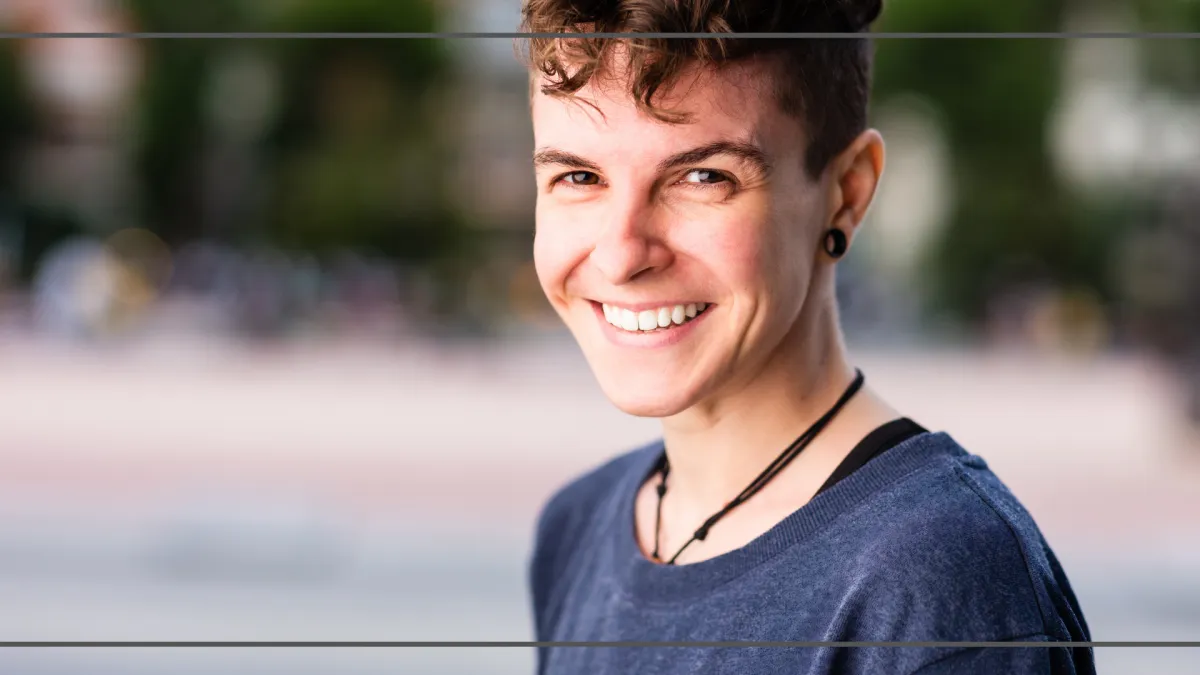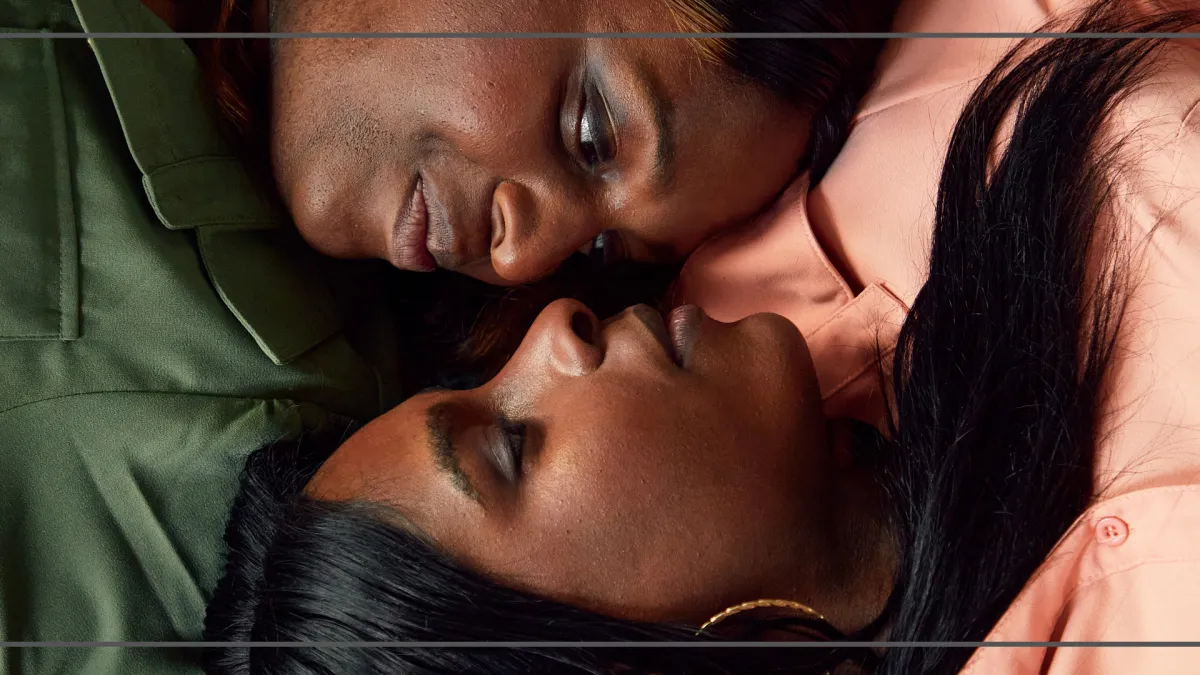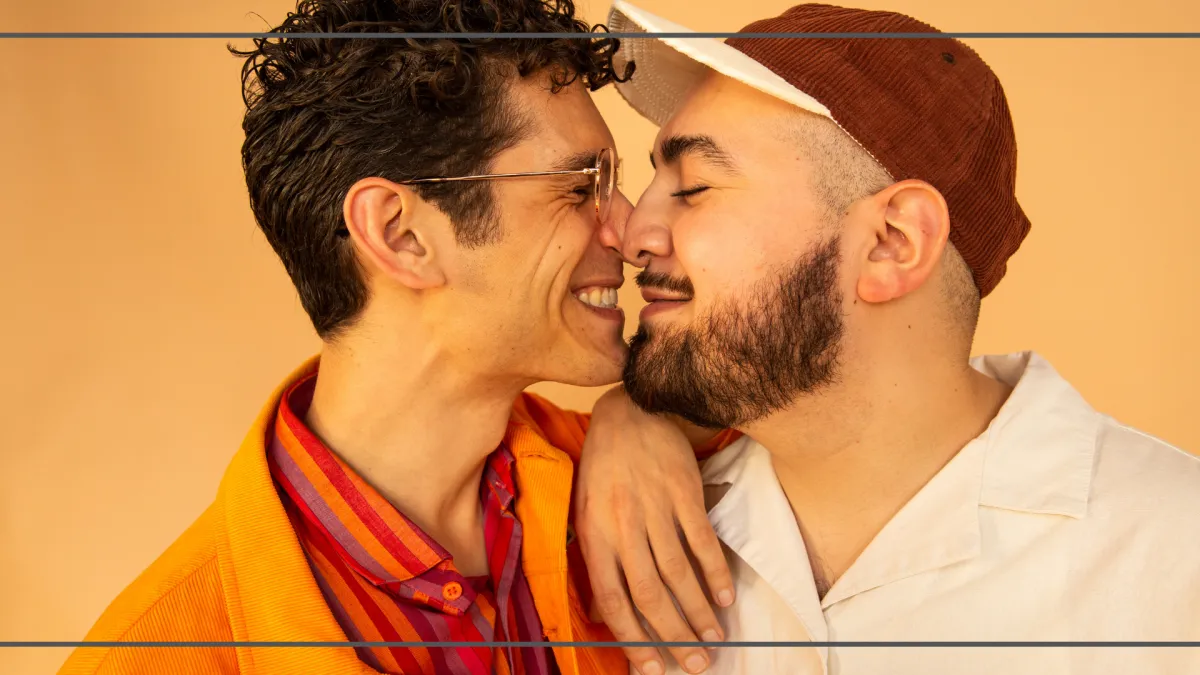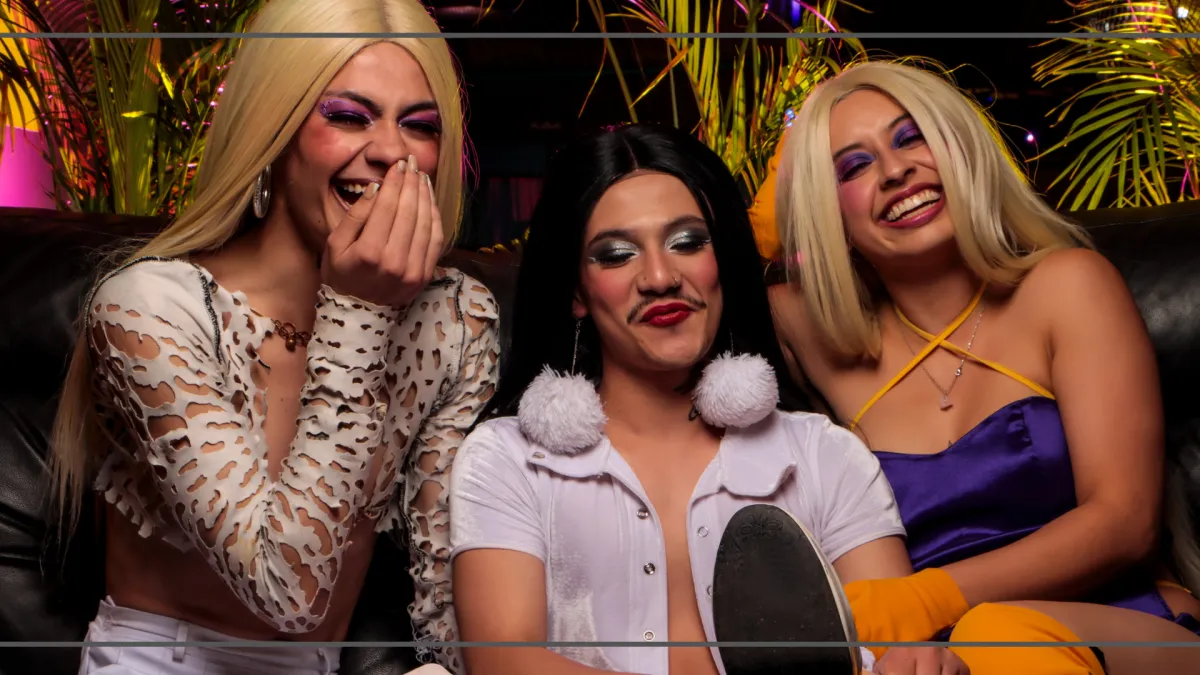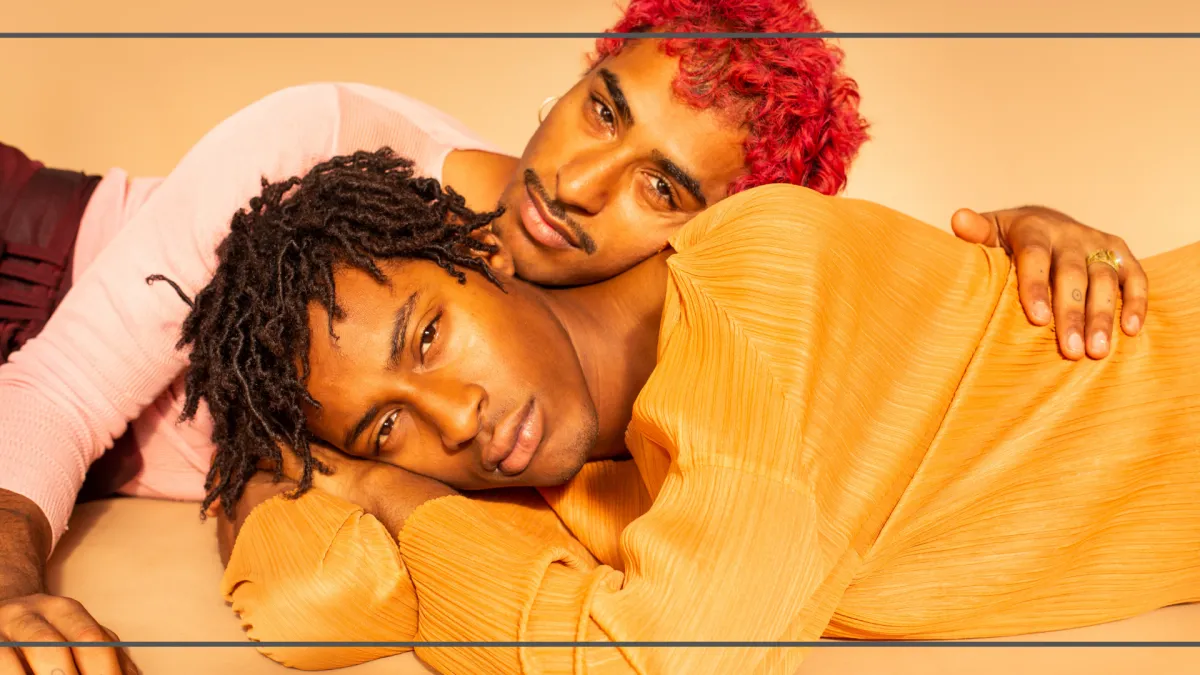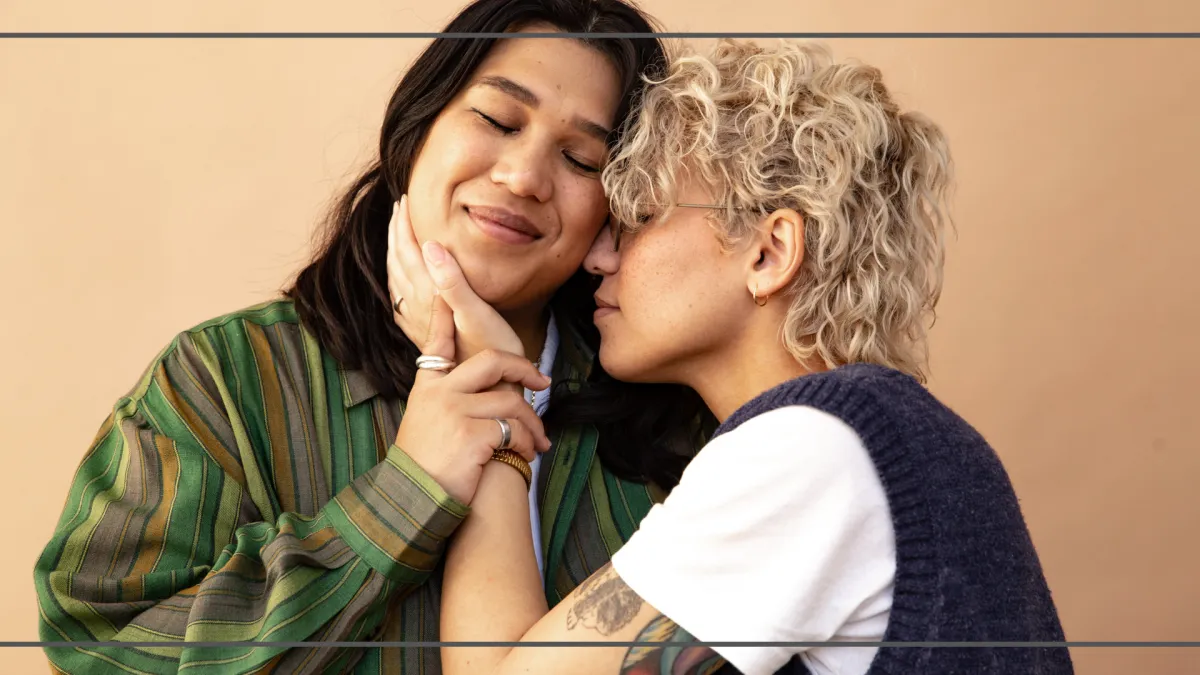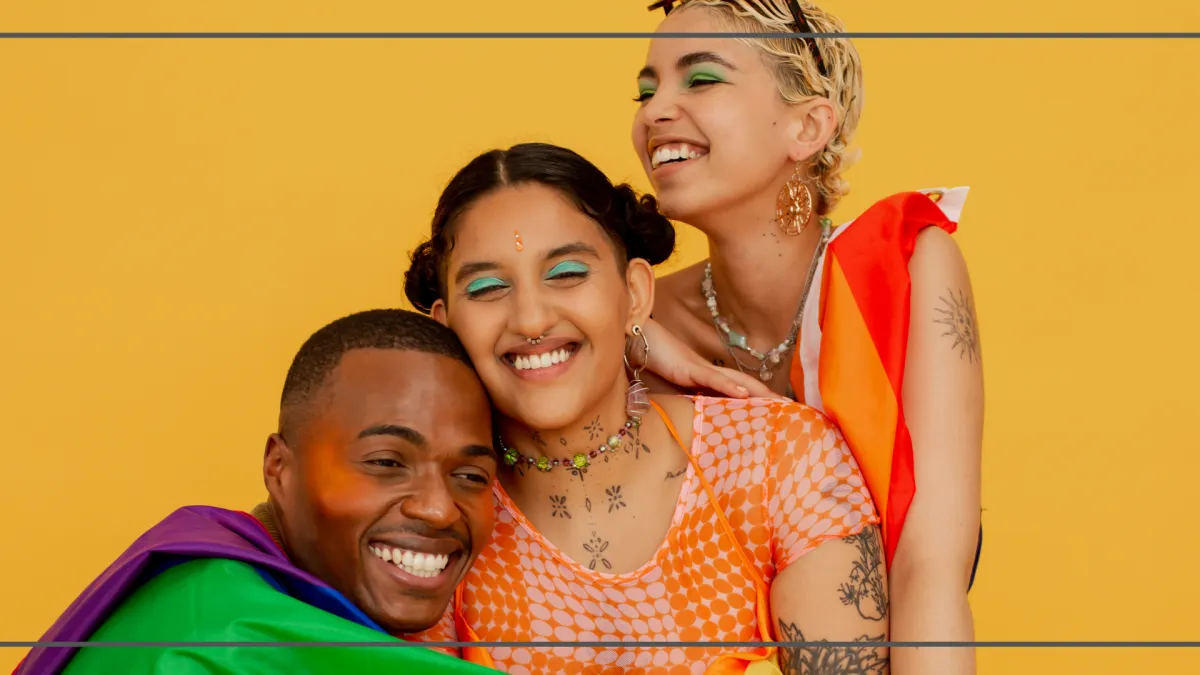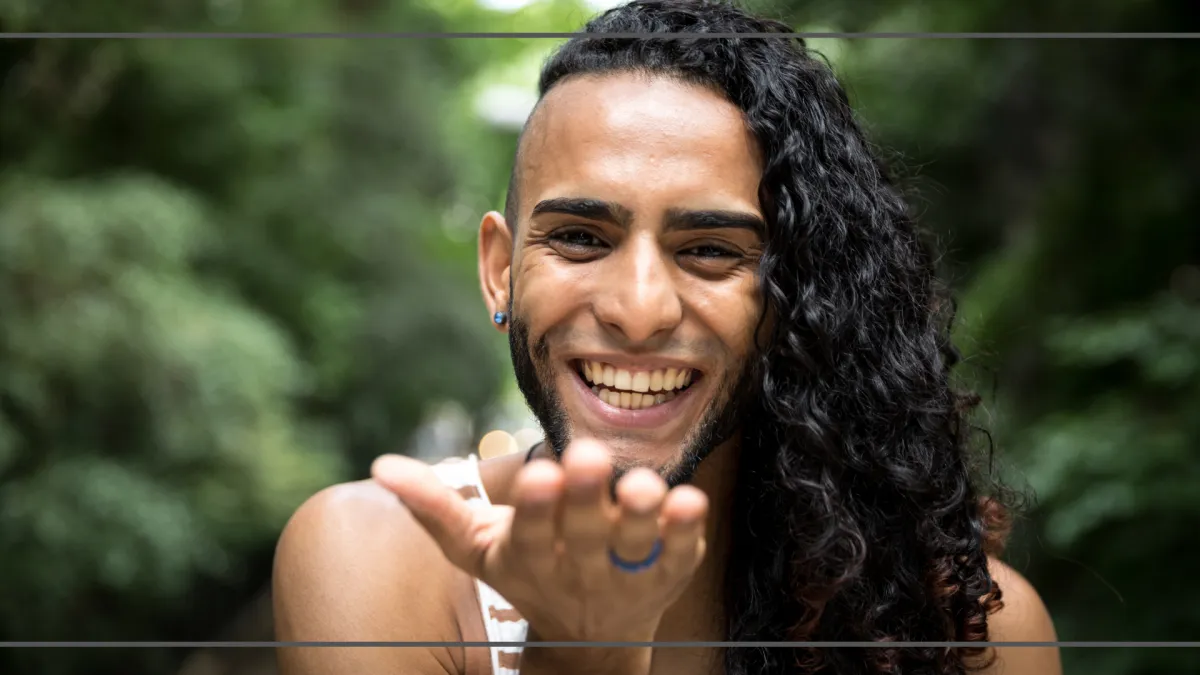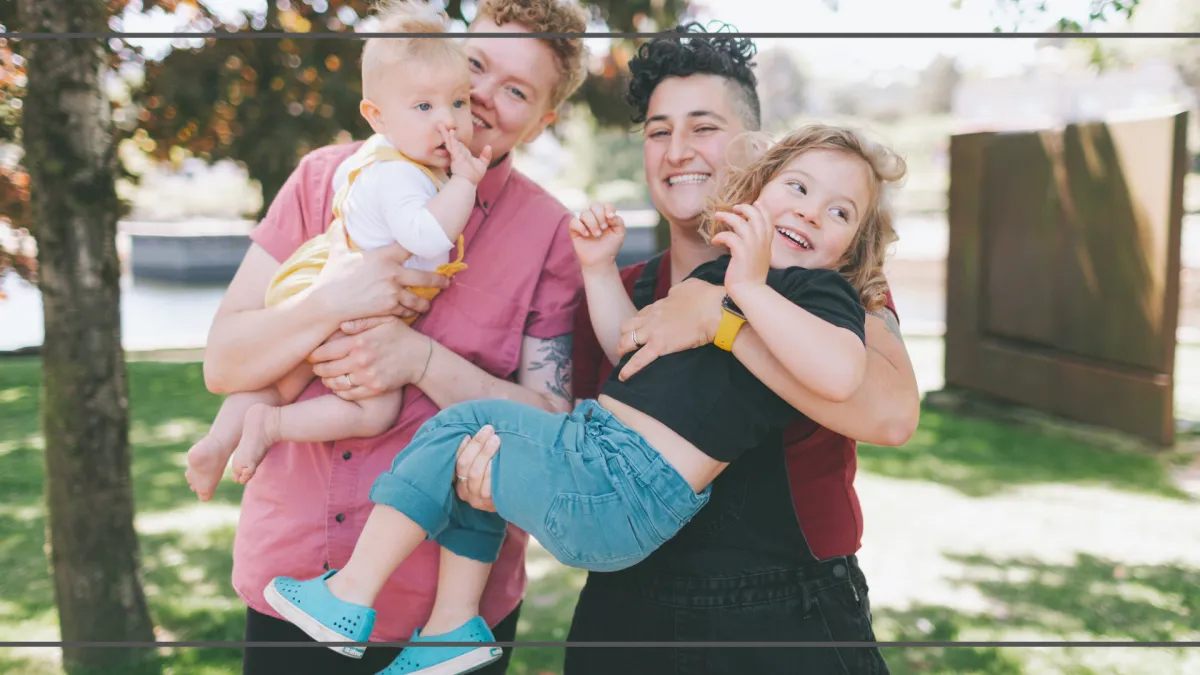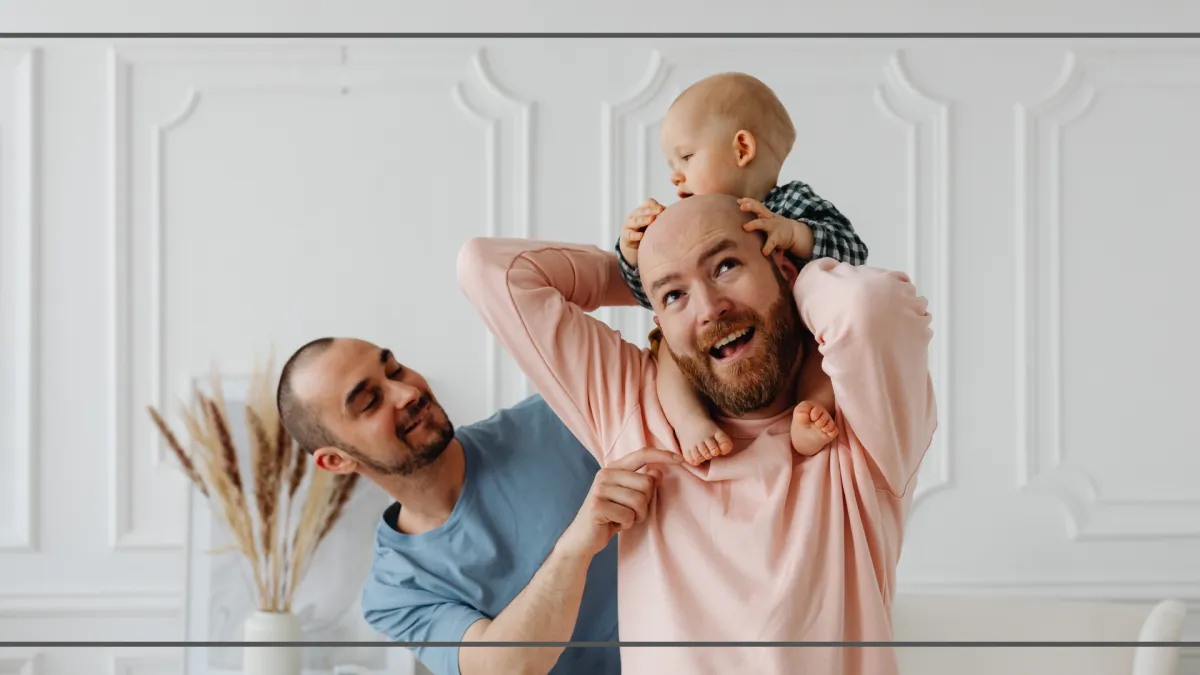Dear Past, Thanks for all the lessons.
Dear Future, I'm ready to kick ass.
Welcome to FlowArt Therapy, established in 2016 by Dr. Misty Gibson. Our practice is all about supporting neurodivergent and queer folks with a fresh, inclusive approach to mental health. Dr. Misty, with her extensive credentials (PhD, LMHC, LCPC, LCPAT, ATR-BC, CST, ACS, ATCS, NCC, BC-TMH), is a specialist in neurodivergent and queer concerns and an AASECT Certified Sex Therapist.
Our awesome team of therapists are trained and passionate about working with neurodivergent folx and queer folx, as well as people in open relationships, polyamorous dynamics, relationship anarchy, and the BDSM community. Under Dr. Misty’s expert guidance, we focus on providing affirming and culturally competent care for those who are often marginalized by traditional mental health services. At FlowArt, we celebrate your individuality and offer innovative, tailored care that respects and values your unique journey.
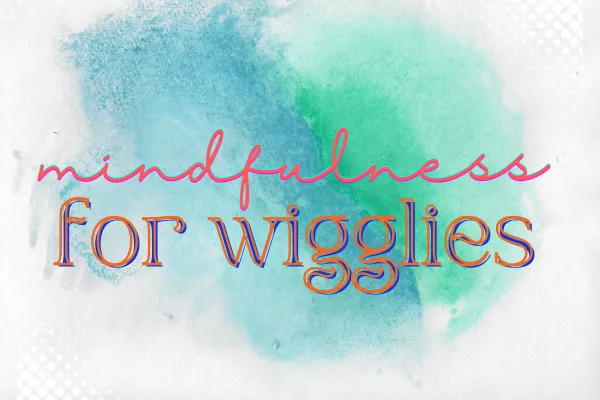
Embracing Mindfulness When Sitting Still Feels Impossible
Mindfulness and meditation are often depicted as practices that require sitting still for long periods, which can be daunting for many neurodivergent individuals. If the thought of sitting still makes you restless, know that you're not alone, and there are alternative ways to engage in mindfulness that honor your need for movement and sensory input. I am notorious for wiggling in my seat and not staying still. If any of my therapy clients are reading this post, they know all about how much I wiggle (sorry for the distraction!!).
Here are some strategies to help you begin your mindfulness journey:
1. Walking Meditation
Walking meditation combines movement with mindfulness. Find a quiet space where you can walk back and forth or in a circle. Focus on the sensation of your feet touching the ground, the rhythm of your steps, and the movement of your body. Pay attention to your surroundings, the sounds you hear, and the sights you see. This practice helps you stay present while allowing your body to move.
2. Mindful Stretching or Yoga
Gentle stretching or yoga can be a fantastic way to practice mindfulness. Focus on your breath and the sensations in your body as you move through different poses. Yoga, in particular, combines physical movement with mindful awareness, helping you to connect with your body and calm your mind.
3. Mindful Breathing
Mindful breathing is a simple yet powerful technique that doesn't require you to sit still. You can practice mindful breathing while lying down, standing, or even walking. Pay attention to the rhythm of your breath, the sensation of the air entering and leaving your lungs, and the rise and fall of your chest or belly. Counting your breaths can also help maintain focus.
4. Engage in a Sensory Activity
Engaging in a sensory activity can be a great way to practice mindfulness. Activities like coloring, drawing, knitting, or even washing dishes can become mindful practices if you focus on the sensory experiences involved. Notice the colors, textures, and movements, and bring your full attention to the task at hand.
5. Mindful Listening
Listening to calming music or sounds from nature can be a form of mindfulness practice. Find a comfortable position, close your eyes, and immerse yourself in the sounds. Pay attention to the different layers of sound, the instruments, or the rhythm of the music. Allow the sounds to anchor you in the present moment.
6. Guided Meditations
Guided meditations can be particularly helpful if you struggle to focus. There are many apps and online resources that offer guided meditations specifically designed for neurodivergent individuals. These guided sessions can provide structure and help keep your mind engaged.
7. Practice Self-Compassion
It's essential to be kind and patient with yourself as you explore mindfulness. Understand that it's okay if your mind wanders or if you feel restless. The goal of mindfulness is not to achieve perfect stillness but to bring awareness to the present moment without judgment. Celebrate your efforts and progress, no matter how small they may seem.
8. Find a Mindfulness Buddy
Practicing mindfulness with a friend or a support group can provide motivation and accountability. Share your experiences, challenges, and successes with each other. Co-regulation through shared mindfulness practices can be a powerful way to build connections and support each other’s journey.
Conclusion
Starting a mindfulness practice when sitting still feels impossible may require some creativity and flexibility, but it is entirely possible. By incorporating movement, sensory activities, and guided practices, you can find ways to engage in mindfulness that feel comfortable and natural for you. Remember, the key is to find what works best for you and to approach your practice with compassion and an open mind. Consider just trying to practice your mindfulness for 2 minutes to begin and then increase the time each session. This is an excellent way to build up your practice for a steady mindfulness or medication skill.
About Dr. Misty Gibson
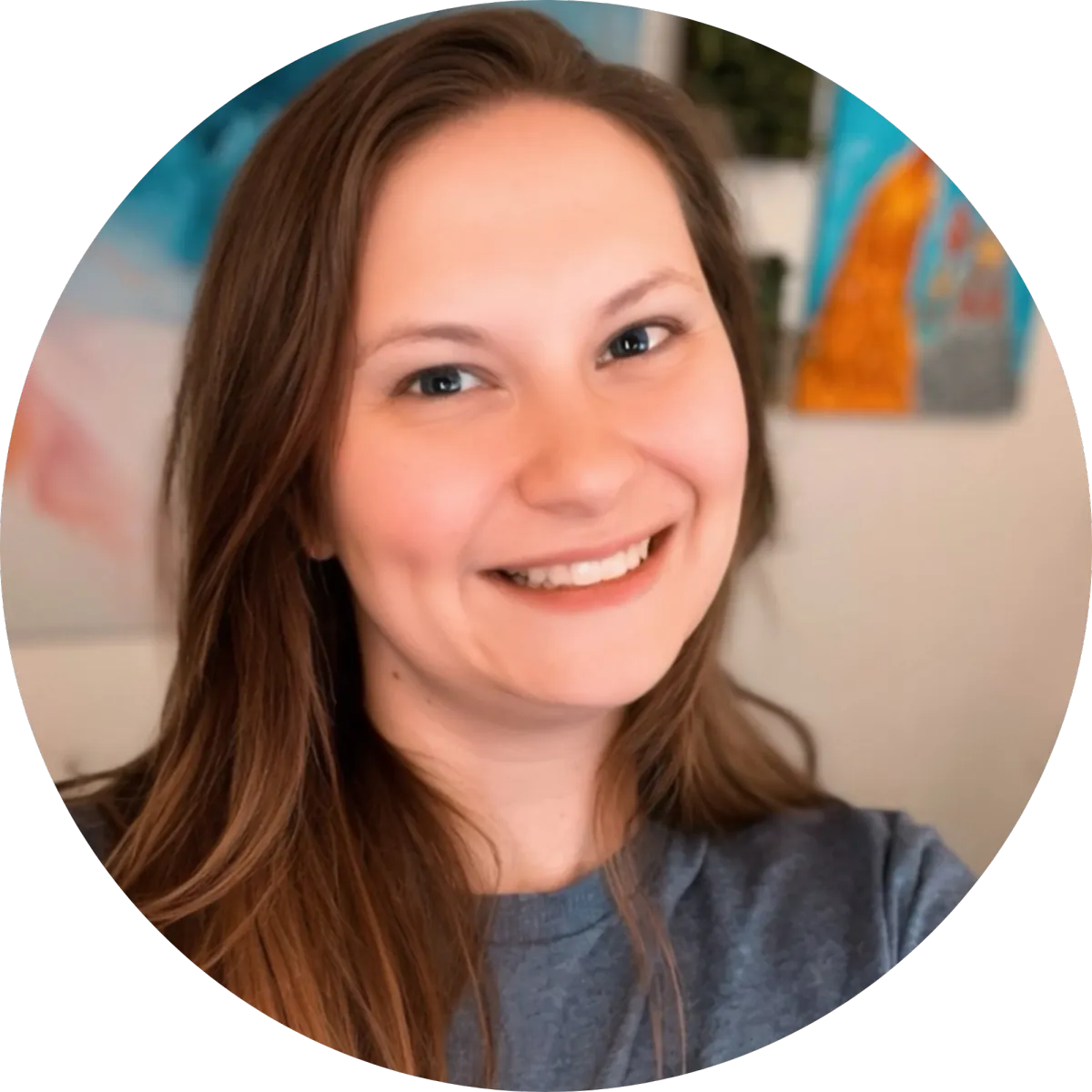
Dr. Misty began FlowArt Therapy as a solo venture in 2016. As she worked alone, she realized that the unique population she serves needed more specialized mental health care than she could provide by herself. In 2020, Dr. Misty decided to expand into a group collective, inviting interns and associates to join her in practicing clinical mental health and sex therapy for neurodivergent, queer, polyamorous, and kinky individuals.
Over the years, Dr. Misty has trained many students, interns, and associates in competent, compassionate, and consent-based therapy, using a relational-cultural approach. To be a part of FlowArt Therapy, it’s essential that all therapists are sex-positive, neurodivergent-informed, and committed to continuing their education in these areas. Dr. Misty has transformed her practice into a collaborative teaching space, where she closely models and trains therapists in these focused methods.
Together with her colleague and business partner, Michell Brockman, Dr. Misty is expanding the reach of FlowArt. They’re working on bringing on-demand learning opportunities to the public and to clinical mental health practitioners about the intersection of neurodivergence and queer identities through FlowArt Academy, The Sparkle Newsletter, The Sparkle App (coming soon), and the Neurosparkly podcast.
What's On
Check out the things we are working on within FlowArt and beyond!
Check Out Our News!
Our newsletter, The Sparkle, is chock full of great articles and insights focused on neurodivergence, queer identity, and other amazing content. We often have cool freebies included too, so don't miss out!
FlowArt Therapy
Dr. Misty's group practice that inspired it all, is always taking new clients! We focus on queer issues and neurodivergent humans, particularly adults who are newly exploring their neurodivergent identities, as well as polyamorous and kinky folx! Let's get you started on therapy!
On Demand Courses
The courses on FlowArt Academy are focused on topics for neurodivergent and queer folx and the people who love them. We provide great learning to bring awareness and support for neurodivergent/queer/adjacent identities.
Listen to Our Podcast!
Our podcast, Neurosparkly, is funny, insightful, and genuine, and we'd love it if you check it out! Neurosparkly publishes a new episode every week where we share our thoughts and have great conversations & guests!
FlowArt's The Sparkle App
We’re excited to be developing The Sparkle App, bringing you daily content on courses and programs focused on neurodivergence and queer identity, as well as bespoke programs specific to your learning interests. Stay tuned for an amazing experience designed just for you!
If you are in crisis, please do not use this site. For more crisis services and information about police intervention, please click the button below:
If you or someone you know is in immediate, life-threatening danger and decide to call 911, please be aware that police are not equipped to offer mental health support and may even pose danger to People of Color, Neurodivergent people and Disabled people.
Please ALSO reach out to community leaders, neighbors, friends, and family to be present if you are calling the police.
Please note that some crisis line workers are mandated to report calls regarding suicide to the police. If this is a concern, we encourage you to first ask about their reporting policies before sharing.
© 2024 FlowArt
The information contained in this Web site and from it's resources is for general guidance on matters of interest only. The information contained in this website is for general information purposes only. The information contained in or through our website is not intended to provide medical advice and is not intended to be a substitute for professional medical advice, diagnosis or treatment that can be provided by your own Medical Provider (including doctor/physician, nurse, physician’s assistant, or any other health professional), Mental Health Provider (including psychiatrist, psychologist, therapist, counselor, or social worker), or member of the clergy. The website and its education resources are not be used as a substitute for consultation with a professional psychologist or other professional health or medical provider. Therefore, do not disregard or delay seeking professional medical, mental health or religious advice because of information you have read on this website or received from us. Do not stop taking any medications without speaking to your own Medical Provider or Mental Health Provider. If you have or suspect that you have a medical or mental health problem, contact your own Medical Provider or Mental Health Provider promptly.




